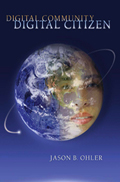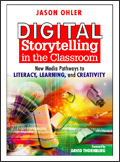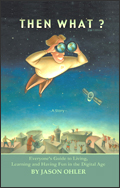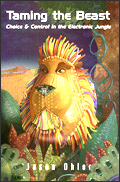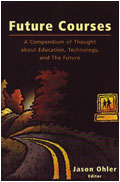In my last posting I included a link to my Infosavvy blog article about my evaluation of a one-to-one laptop program. The posting was fine, but the link was wrong. Here is the posting in its entirety so you don't have to link anywhere to read it. Apologies.
Recently I completed an evaluation of a one-to-one laptop program involving over 12,000 students in over 100 schools. The results? Standardized test scores show mixed results, but student engagement is through the roof. In addition, student behavior issues are down, student interest in their communities is up, parental involvement increased and students extended their school day by continuing their work at home on their laptops. And because I used focused conversations with teachers and administrators involved in the project, rather than strict quantitative analysis of standardized test scores, I saw many things I would not have seen otherwise, like the following:
- teachers could truly differentiate instruction for the first time
- mainstreaming special needs students became more effective
- students could actually show many more of the multiple intelligences we have heard so much about
- students developed a more professional attitude toward using digital technology
- teachers and parents enjoyed improved communication, largely because parents were more involved in what was going on at school
But darn, there are those pesky standardized test scores, trying to validate an NCLB approach to testing in an un-NCLB world. Clearly we are using the wrong measurements to see the changes in education - especially the ones that work - that could be all around us.
Bottom line:
- Re-engage. Re-engagement is the first step toward reinvolving students in school. Laptops, wireless connectivity and teachers who understand what to do with these tools make that happen.
- Assess in context. Testing outside of any meaningful applied context will give you results that don’t map to the real world. We need new forms of assessment that honor how kids learn.
Want to know more about the study? Email me (jasonohler@gmail.com), or the project coordinator, Steve Nelson (snelson@aasb.org) from Alaska Association of School Boards, who directed this project.
I will write more about this at a later date, but for now I thought you might like to hear some good news.

